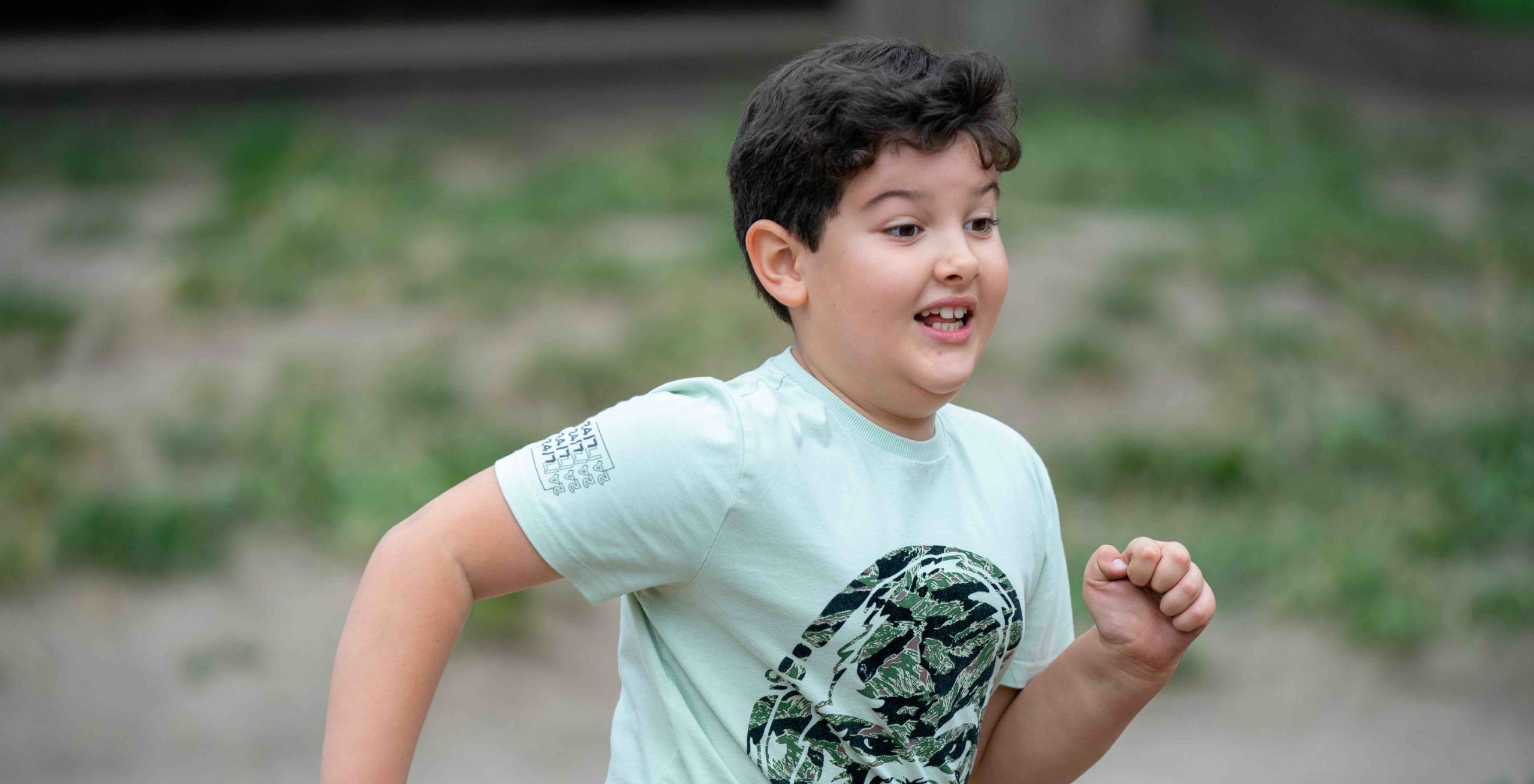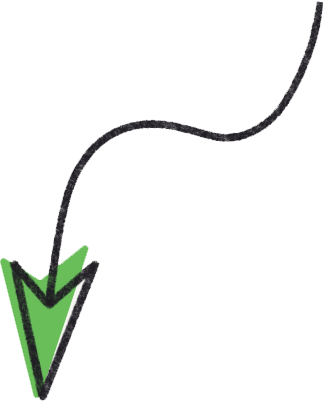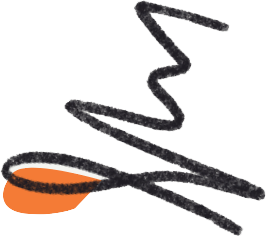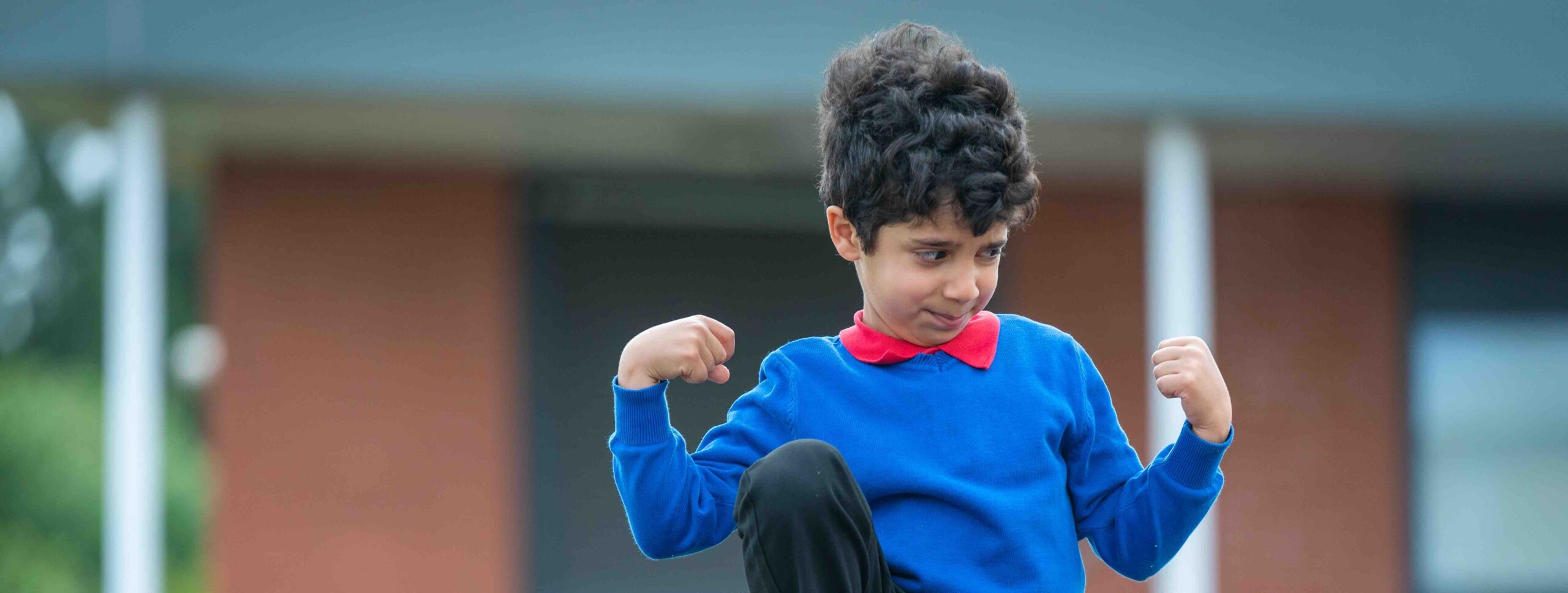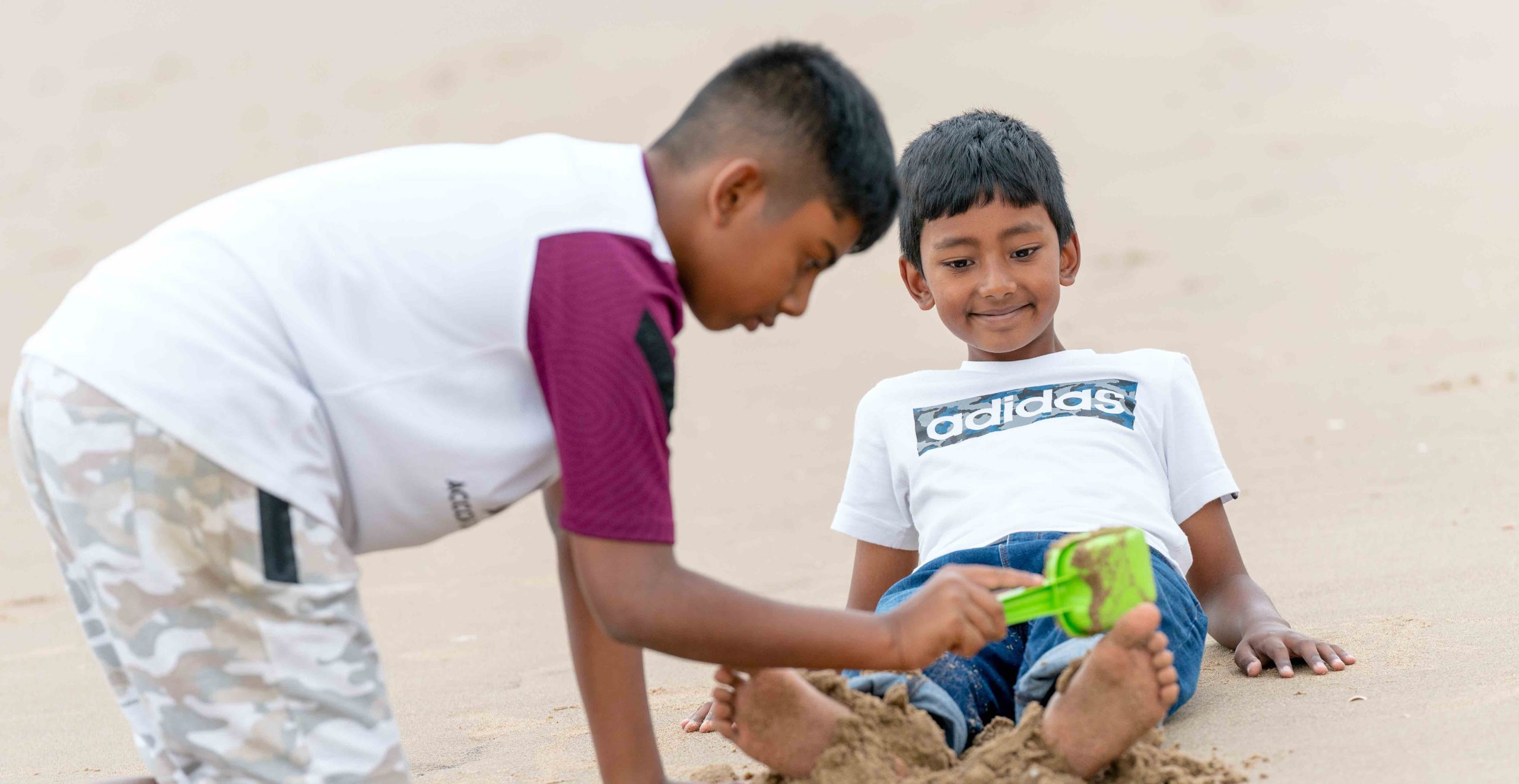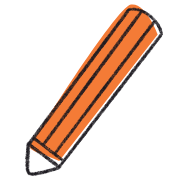All about play
Active play
We all know how important it is for our health and wellbeing to be active.
Playing is a great way for children to be active, helping their coordination, balance, and physical skills. Active play includes everything from rolling and crawling to running about, playing chasing games, catching balls, jumping in puddles and doing cartwheels.
Moving around and playing burns energy and this helps children keep fit and healthy. It also helps prevent serious illnesses in later life like Type 2 diabetes, heart disease and cancer. Making sure children have time, space and freedom to play is a great way of making sure they are moving around – and having fun, too.
The physical activity guidelines
There are four Chief Medical Officers in the United Kingdom. In 2019, they published information and recommendations about physical activity, known as the Chief Medical Officers’ Physical Activity Guidelines.
The Chief Medical Officers recognise the importance of play for children’s development. The guidelines recommend that children should get as much active play as possible.
The guidelines say: ‘children are recommended to be active for an average of 60 minutes a day across the week.’
The overall message is that any activity is better than none, and more activity is even better.
Active play
Active play is physical activity with such as crawling, jumping, or running. Playing like this raises children’s heart rate, making them ‘huff and puff’, and this is good for their health.
Modern life has made things comfortable for us and many of us spend a lot of time being inactive at home and at work. When we are inactive, we don’t burn off the energy we consume through food and drink.
Guidelines for early years (birth to five years)
Babies (younger than a year old)
When they’re awake, babies need to spend at least 30 minutes a day on their tummies. They also need to have a chance to reach and grasp, push and pull themselves up independently and roll over.
Older babies need to be physically active several times a day. They can do this in lots of ways, including activities on the floor,
Toddlers (1 to 2 years)
Toddlers need to spend at least 180 minutes (three hours) a day doing a range of different physical activities. This can be spread throughout the day, including active play indoors and outdoors.
Pre-schoolers (3 to 4 years)
Pre-schoolers need to spend at least 180 minutes (three hours) a day doing a range of different physical activities. This can be spread throughout the day, including active play indoors and outdoors. At least 60 minutes should be normal to energetic physical activity – and more is better.
Older children (5 to 18 years)
The physical activity guidelines for children and teenagers aged 5 to 18 years recommend 60 minutes a day of normal to energetic physical activity. This can be spread throughout the day.
Normal physical activity means activity where children feel warmer and breathe harder. For example:
- brisk walking
- riding a bike
- dancing
- rollerblading
- playing in the playground.
Energetic activities make talking harder. They include:
- running fast
- playing tag
- skipping
Throughout the week, it’s good for children to take part in activities that develop their movement skills and their muscle and bone strength. These activities include hopping, skipping, and swinging on playground equipment (what fitness trainers call bodyweight and resistance exercises)
It’s important that children don’t spend long periods of time sitting still. Adults need to help children and teenagers spend less time sitting down and less time on screens. The kinds of activities listed below aren’t bad for children, they just need to be done in balance with more active play:
- watching television
- using computers
- playing video games
- reading
- talking
- doing homework.
Our Play ideas section has lots of suggestions for active play.





